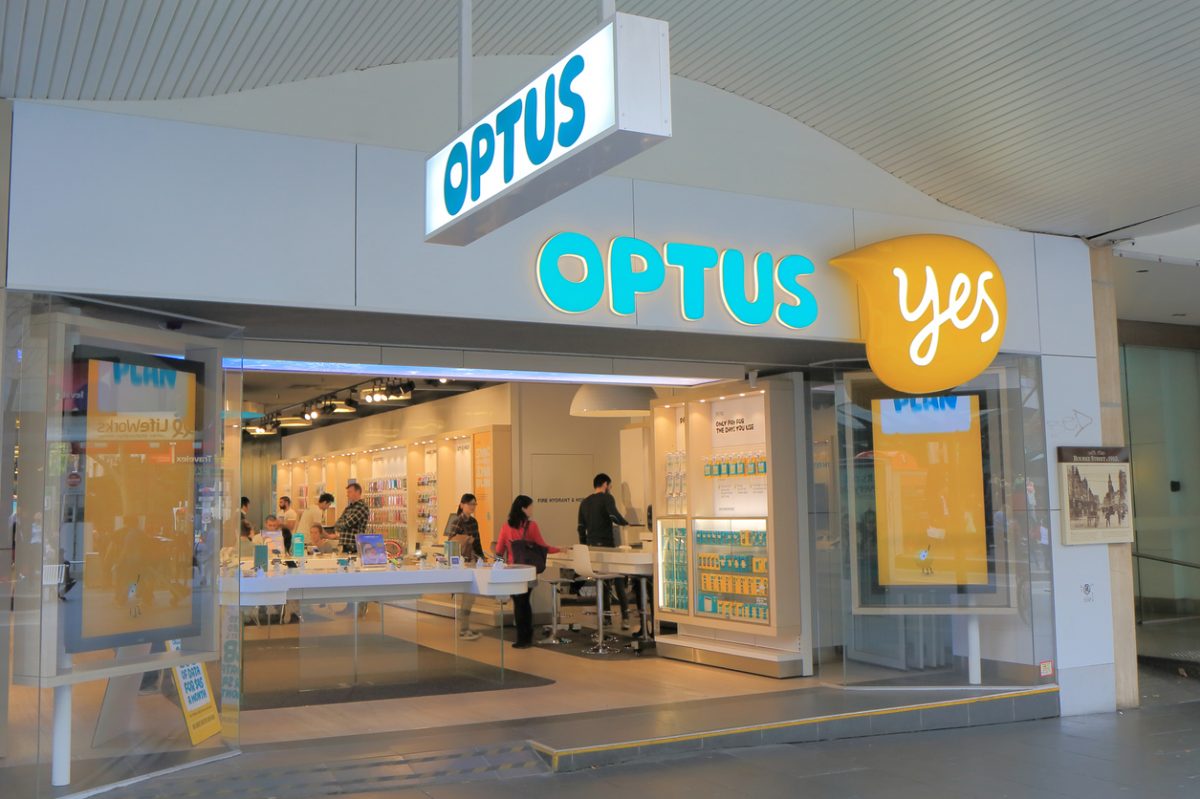
Optus complaints have surged since a cyber attack last year resulted in the unauthorised disclosure of a reported 9.8 million customers’ personal information. Photo: File.
Complaints about Optus increased by 29.5 per cent following a cyber attack on the carrier last year, according to the Telecommunications Industry Ombudsman (TIO) annual report.
Phone and internet consumers and small businesses made fewer complaints to the TIO last financial year. However, despite the decrease, the proportion of complaints about mobile services (48 per cent) reached its highest watermark in six years. For the first time, mobile services were the dominant service for small business complaints.
Of these mobile service-related complaints, the highest number was about Optus (12,701 complaints), and more than three in five Optus-related complaints were about their mobile services.
The TIO said the issues behind the overall increase in mobile service complaints were partly related to the Optus data breach in September 2022, which resulted in the unauthorised disclosure of a reported 9.8 million customers’ personal information. This included names, addresses, dates of birth, contact details, account information and government identity documents.
Unauthorised disclosure of personal information became the fifth most common mobile service complaint type following the breach, soaring 375 per cent from the previous report.
Many who complained about the data breach were concerned about their personal and financial safety. Consumers wanted to know what information had been disclosed, wanting to cancel their contract without paying termination fees or device repayments or wanting compensation, including the cost of replacing stolen identity documents.
The total number of complaints about Optus was eclipsed only by Telstra. However, Telstra also experienced the most significant drop in complaints of almost 36 per cent between the last report periods.
For all service types, increases in complaints were recorded against poor customer service, failure to cancel a service, inadequate fault testing and non-financial loss.
Of the total 66,388 complaints, the local government areas with the highest number of complaints were Brisbane (2,477), the Gold Coast (1,404), Moreton Bay (1,108), Sunshine Coast (875) and Canterbury-Bankstown (835).
Financial hardship reports only increased 1.2 per cent to 1634 – most were from residential consumers and were related to mobile services. In WA they rose 12 per cent; in Victoria, 7 per cent, but the state accounted for one-third of complaints (541).
Ombudsman Cynthia Gebert linked the growing number of complaints about financial hardship with the cost-of-living crisis putting pressure on Australian households.
“Telcos need to make sure they are offering flexible payment methods and specialised help and support for people who are struggling to pay,” she said.
“Phone and internet services are essential for banking, shopping, accessing health and government services, as well as staying in touch.
“It’s critical that people have access to these services and consumers can easily get help when things go wrong.”











